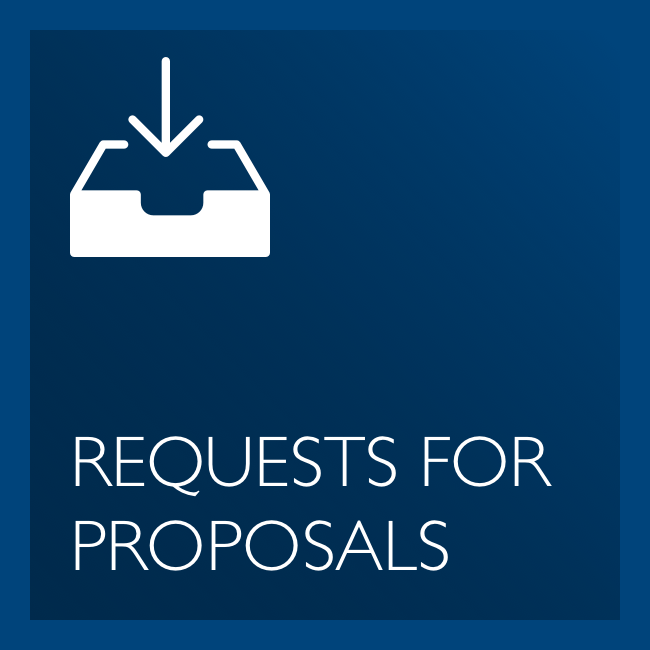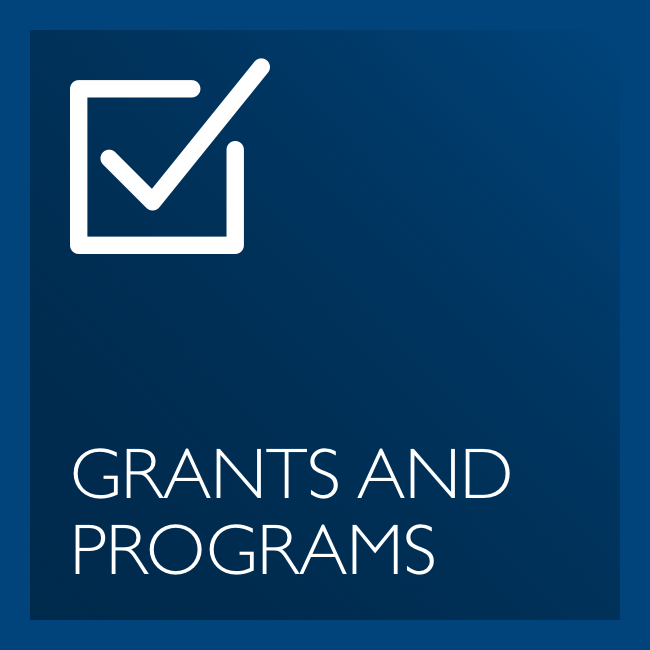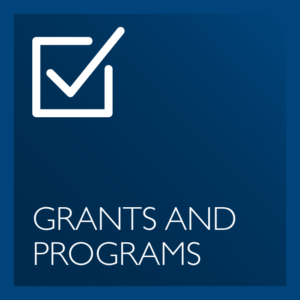Philanthropy @ Work – Transitions – August 2025
The latest on transitions from the field.
Philanthropy @ Work – Grants and Programs – August 2025
The latest on grants and programs from the field.
Montana Healthcare Foundation: April 2023
The Montana Healthcare Foundation launched their 2023 Call for Proposals. They offer Montana-based organizations a chance to apply for funding to design and pilot innovative, Montana-grown solutions to key health challenges and to understand the state’s health needs.
Con Alma Health Foundation: April 2023
Con Alma Health Foundation announced two 2023 grant cycles will open soon. The Con Alma Grant Cycle opens May 17, 2023 and closes June 16, 2023. The Northern New Mexico Health Grants Cycle opens June 7, 2023 and closes July 7, 2023.
Philanthropy @ Work – Grants and Programs – April 2023
The latest on grants and programs from the field.
Grantmakers In Health Announces 2023 Award Winners
Grantmakers In Health (GIH) is pleased to announce Dr. Myechia Minter-Jordan as the 2023 recipient of the Terrance Keenan Leadership Award in Health Philanthropy, and Mr. Gregory Jackson as the 2023 recipient of the Andy Hyman Award for Advocacy.
Gregory Jackson of Community Justice Action Fund to Be Honored with the Andy Hyman Award for Advocacy
Gregory Jackson, Executive Director of the Community Justice Action Fund, will receive the 2023 Andy Hyman Award for Advocacy.
Myechia Minter-Jordan of CareQuest Institute to Be Honored with 2023 Terrance Keenan Leadership Award in Health Philanthropy
Myechia Minter-Jordan, MD, MBA, President and Chief Executive Officer of the CareQuest Institute for Oral Health, will receive the 2023 Terrance Keenan Leadership Award in Health Philanthropy.








